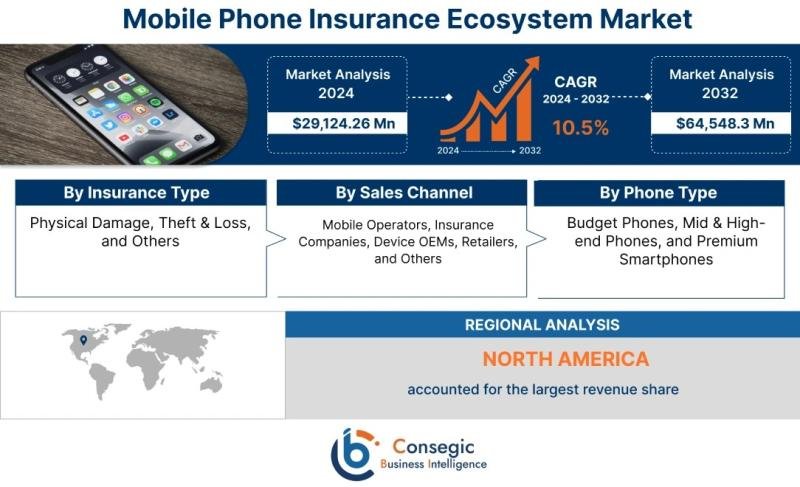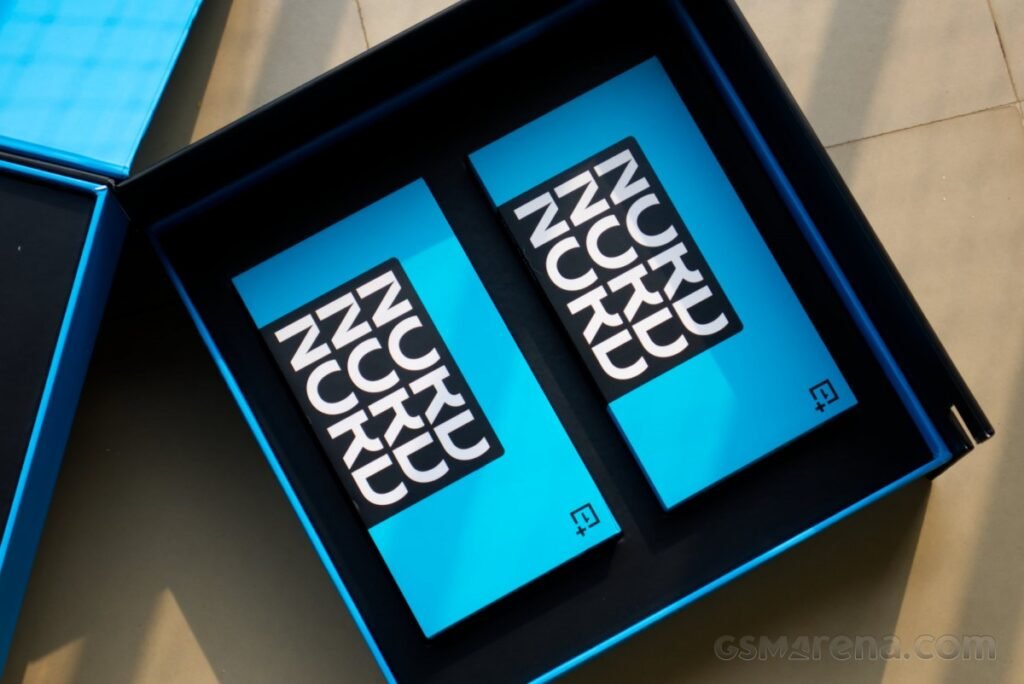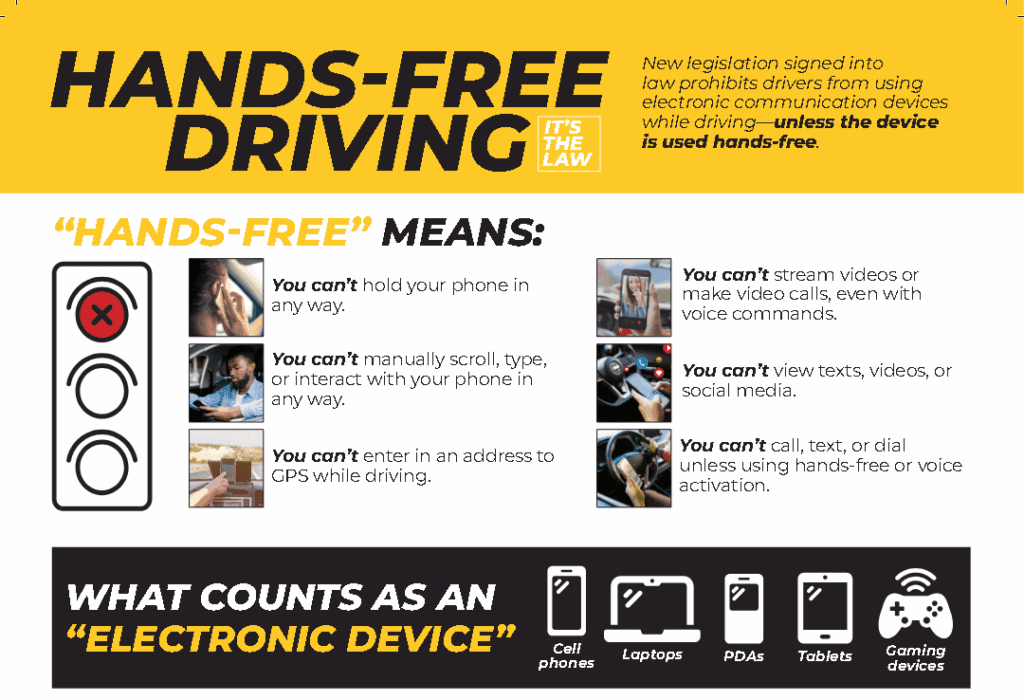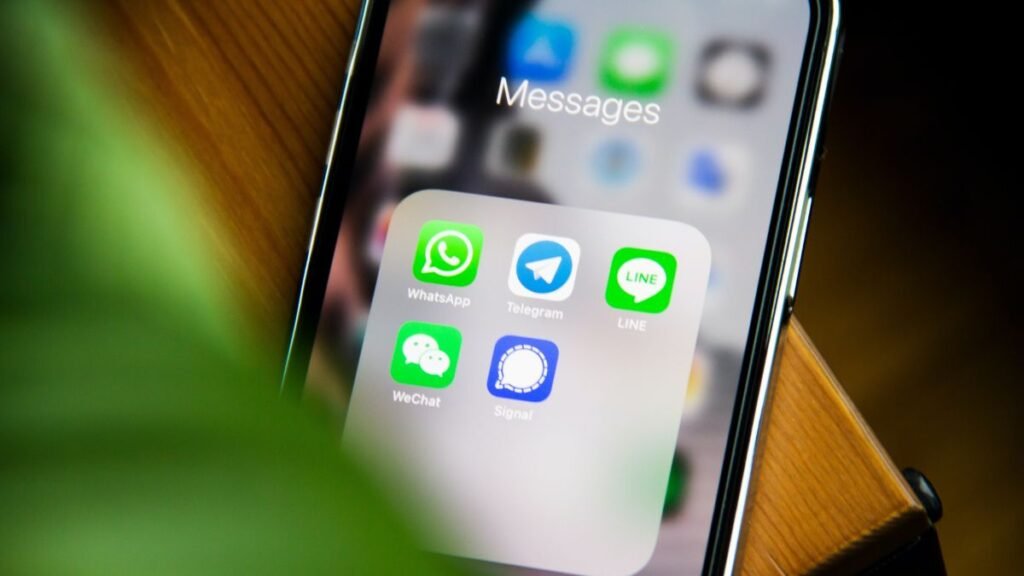A “wildcard” emerging out of the American Southeast has put Vice President Kamala Harris‘ campaign on its back foot, “losing” control of a narrative that could spell trouble for the Democrats in the final stretch, said political analysts who spoke to Newsweek.
After two major hurricane landfalls in as many weeks, the Federal Emergency Management Agency (FEMA) has been delivering hundreds of millions of dollars in aid to Americans impacted by Hurricanes Helene and Milton. As of Wednesday, federal disaster assistance for Helene survivors has surpassed $344 million, including $142 million to households in Florida, where Milton made landfall late Wednesday.
Amid that response, one of FEMA’s biggest obstacles has been misinformation about the storms, amplified by former President Donald Trump and surrogates like Elon Musk. That information warfare, combined with a series of missteps and a political duel with Florida’s governor, has resulted in Harris losing the grip on a story she may need to win to help push her over the edge on November 5.
“These hurricanes are a wild card in the 2024 campaign, and the Biden/Harris administration’s response risks losing the narrative, no matter how good they are on the substance,” James Haggerty, a crisis communications expert and the president and CEO of PRCG Haggerty, told Newsweek. “Ultimately, of course, it is the Harris campaign that is hurt.”

Democratic presidential nominee and Vice President Kamala Harris walks to board Air Force Two as she departs for New York at Joint Base Andrews, Maryland, on October 7, 2024. Hurricane Helene and Milton have disrupted the 2024 presidential race, putting Harris’ campaign at risk of losing the narrative on the federal response to the storms.
Evelyn Hockstein/Getty Images
“Events are in the saddle and Kamala has had trouble with them,” political expert Steven Schier told Newsweek. “The closer the election comes, the bigger the problem that is for her. Events are shaping her campaign narrative to her disadvantage.”
Trump and his allies have repeatedly pushed a narrative suggesting that FEMA, and by extension Biden and Harris, have either purposely slow-walked assistance to Helene victims because of where they live and who they vote for, or that FEMA itself was tapped out due to disbursing disaster funds to migrants.
Rumors about the federal storm response have become so widespread that FEMA set up a response page debunking the falsehoods around how disaster funding works.
Federal funding on other domestic and foreign issues has also raised questions about the administration’s handling of Helene and Milton. Data from the Department of Homeland Security shows that FEMA set aside 20 times more cash for COVID-19 in September than it has spent on Helene. Harris announced Saturday that the U.S. would provide nearly $157 million to Lebanon amid Israel’s recent campaign there, which led to heckles on social media from those who pointed out the U.S. taxpayer was essentially funding both sides of the same war.
“Whether warranted or not, aid to Lebanon, or COVID spending, or petty squabbles just look bad at a time when many Americans need to see caring and competency. They need to see it, not hear about it,” Haggerty said. “Optics is all.”
“Perception isn’t the icing on the policy cake, it is the cake,” he continued. “And nowhere is that more true than in a political campaign. Harris and her colleagues in the Biden administration need to send the message that they are moving mountains to get hurricane relief to Americans who need it.”
That message, to the Harris’ campaign’s dismay, does not seem to be breaking through to voters.
More than half of Americans, 55 percent, said they approve of the way the states have handled their responses to Helene, compared to just 38 percent who said the same about the Biden administration, according to a YouGov poll released Wednesday.
Both Democrats and Republicans approved of the response coming from governors, 65 percent and 59 percent, respectively, but the perception on the federal government’s hurricane response has been largely divided along party lines. Only 12 percent of Republicans approve of Biden’s handling of Helene, compared to 72 percent of Democrats.
Biden, however, has at least seen some cooperation from Florida Governor Ron DeSantis, who has outright refused Harris’ calls offering aid to the state and suggested that she’s trying to “inject herself into this because of her political campaign.”
The White House said Biden and DeSantis spoke over the phone Monday night and when asked about the call, the president told reporters Wednesday that the governor had “been very gracious.”
“He thanked me for all we’ve done. He knows what we’re doing, and I think that’s important,” Biden said of DeSantis.
DeSantis’ relationship with Harris, on the other hand, has not been as cordial. Responding to reports that DeSantis was declining Harris’ calls, the Democratic nominee called it “just utterly irresponsible” and “selfish” for a leader to play “political games with this moment in these crisis situations.”
DeSantis fired back, saying that Harris “has no role in this process” as the sitting vice president. He added that he’s dealt with storms “under both Trump and Biden. Neither of them ever politicized it.”
“[Harris] has no role in this process,” says @GovRonDeSantis. “All the storms I’ve dealt with under this administration, she has never called in Florida or offered any support. She’s trying to inject herself into this because of her political campaign.” pic.twitter.com/V9q4rh9uW9
— Squawk Box (@SquawkCNBC) October 10, 2024
“In fact, all the storms I’ve dealt with under this administration, although I’ve worked well with the president, [Harris] has never called in Florida. She has never offered any support,” DeSantis told CNBC on Thursday.
“What she’s doing is she’s trying to inject herself into this because of her political campaign. So, as the governor here, who’s leading this, I don’t have time for those games. I don’t care about her campaign. Obviously, I’m not a supporter of hers.”
Veteran Democratic strategist James Carville cautioned Harris Thursday about getting “into a pissing contest with Ron DeSantis,” saying that what her campaign needs is “someone to refute the lies from the Trump campaign.”
“Trump, with his lies and whipping other Republicans to echo his demagoguery about what a failure this is, I worry may be winning the narrative,” Carville said on the most recent episode of his podcast.
“If they lose this narrative, I think there will be deep trouble on November 5th,” he added.
Update 10/10/24 4:21 p.m. ET This story was updated with comments from Schier.
















